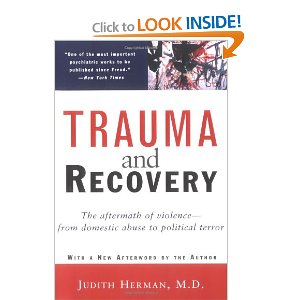A fullly-fledged dependent drinker by age nineteen, Beth has gone on to become a recovery coach and writer in order to help other people escape from addiction. (9,230 words)
Recovery and recovery-based care
“Never doubt that a small group of thoughtful, committed citizens can change the world; indeed, it’s the only thing that ever has.”
Margaret Mead, US cultural anthropologist
 Here’s a little section I wrote for a book I am working on.
Here’s a little section I wrote for a book I am working on.
‘1. The Problems
Substance use problems represent a major concern in society today. These problems do not just arise from use of illegal drugs, but also from alcohol, solvents and addictive prescription drugs. They are intimately tied up with, and can be caused by, social, emotional and/or mental health problems. A person’s substance use problems impacts negatively on the wellbeing of family members and other loved ones.
Far too few people are recovering from the problems caused by drugs and alcohol, in large part because of shortcomings in the systems of care that society has developed. Many people circulate in and out of treatment, and much of the treatment system has become disempowering and lacking in hope.
The prejudice and stigma that exists in society towards individuals and families affected by substance use problems is also a strong barrier to recovery.
‘Five Things Resilient People Do’ by Jennifer Mattson
 Came across this excellent piece on Thrive – the Kripalu blog on yoga, health and wellness.
Came across this excellent piece on Thrive – the Kripalu blog on yoga, health and wellness.
‘Why do some people bounce back after a major tragedy or illness, while others seem derailed by life’s daily challenges? The answer, in a word, is resilience.
At its core, resilience is the capacity to handle difficult moments. That could be a major trauma such as post-traumatic stress after a military deployment; a chronic source of tension, such as parenting a sick child; or a sudden loss—of a loved one, a job, a marriage, or a home, to fire or flood.
Trauma and Recovery
 My good friend Christina found a photocopy of a chapter of Judith Herman’s book Trauma and Recovery: The aftermath of violence – from domestic abuse to political terror which had the following in:
My good friend Christina found a photocopy of a chapter of Judith Herman’s book Trauma and Recovery: The aftermath of violence – from domestic abuse to political terror which had the following in:
‘The core experiences of psychological trauma are disempowerment and disconnection from others. Recovery, therefore, is based upon the empowerment of the survivor and the creation of new connections.
Recovery can take place only within then context of relationships; it cannot occur in isolation. In her renewed connection with other people, the survivor re-creates the psychological facilities that were damaged or deformed by the traumatic experience.These faculties include the basic operations of trust, autonomy, initiative, competence, identity, and intimacy.
Marion’s Story: Introduction
Dr. Marion Kickett tells her Story, to help the reader understand her background and why she undertook her PhD research on resilience.



